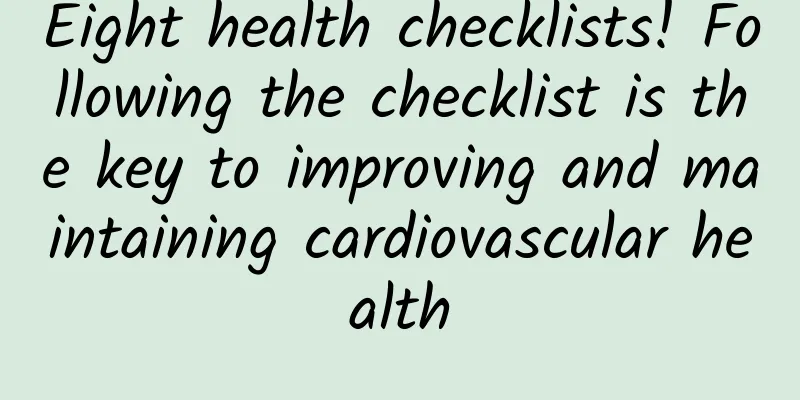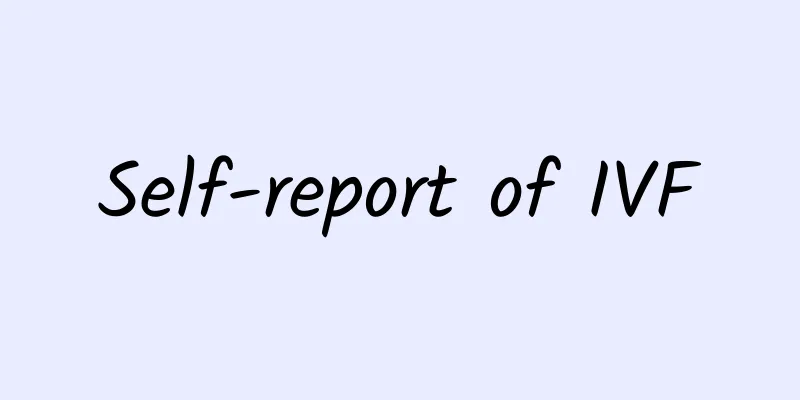Eight health checklists! Following the checklist is the key to improving and maintaining cardiovascular health

|
Life's Essential 8™ Checklist for Lifelong Health The "Eight Keys to Life," as defined by the American Heart Association, are key measures to improve and maintain cardiovascular health. Better cardiovascular health helps reduce the risk of heart disease, stroke, and other major health problems. New content for 2022: 1. Added sleep as a component of heart health. 2. Create a new guideline to evaluate diet. 3. Consider smoking and secondhand smoke. 4. Adjust cholesterol and blood sugar measurements. The eight elements of life include two main aspects: healthy behaviors and health factors 1. Eat better Aim for an overall healthy eating pattern that includes whole foods, plenty of fruits and vegetables, lean proteins, nuts, seeds, and cooking with non-tropical oils like olive and canola. 2. Be more active Adults should get 2 1/2 hours of moderate or 75 minutes of vigorous physical activity each week. Children should get 60 minutes a day, including games and organized activities. 3. Quit smoking The use of inhaled nicotine delivery products, including traditional cigarettes, e-cigarettes and vaping products, is the leading cause of preventable death in the U.S., including about one-third of deaths from heart disease. And about one-third of U.S. children aged 3-11 are exposed to secondhand smoke or vaping. 4. Get a healthy night’s sleep Most adults need 7-9 hours of sleep every night. Children need more. Children 5 years and younger need 10-16 hours, including naps; children 6-12 years need 9-12 hours; and children 13-18 years need 8-10 hours. Adequate sleep can promote wound healing, improve brain function, and reduce the risk of chronic diseases. 5. Manage your weight Achieving and maintaining a healthy weight has many benefits. Body mass index, a number that measures your weight in relation to your height, is a useful measure. The optimal BMI is 25. You can calculate it online or ask a healthcare professional. 6. Control cholesterol High levels of non-HDL or "bad" cholesterol can contribute to the development of heart disease. Your health care professional may consider non-HDL cholesterol as the preferred number to monitor rather than total cholesterol because it can be measured without fasting beforehand and is reliably calculated in all people. 7. Manage blood sugar Most of the food we eat turns into glucose (or blood sugar), which our bodies use as energy. Over time, high levels of blood sugar can damage your heart, kidneys, eyes, and nerves. Monitoring hemoglobin A1c as part of your testing can better reflect the long-term control of people with diabetes or prediabetes. 8. Manage blood pressure Keeping your blood pressure within an acceptable range can keep you healthier. Levels below 120/80 mmHg are optimal. High blood pressure is defined as a systolic blood pressure of 130-139 mmHg (the top number in a reading) or a diastolic blood pressure of 80-89 mmHg (the bottom number). From the American Heart Association |
<<: How to reduce the embarrassment of “accidentally gaining weight”?
>>: What kind of virus is polio and what impact does it have on humans?
Recommend
How long does it take to recover from a cervical tear?
During childbirth, if a woman has a normal birth,...
What to do if your legs hurt after a miscarriage
Every woman is always cautious after pregnancy, f...
Polycystic ovary syndrome: It is not advisable to be afraid of "cysts", scientific management is the key
Author: Qin Rujuan, First Affiliated Hospital of ...
What should you pay attention to when doing spring sports? Gradual progress is the key
With the arrival of spring, the temperature gradu...
What's going on with the fart down there?
Women who have had sex must have had farts. Anywa...
How long does it take to get menstruation after giving birth and what to pay attention to
Menstrual issues are a major focus of discussion ...
Let's talk about tumor markers
Many people are both familiar and unfamiliar with...
What is the nutritional value of mung bean pumpkin soup? Who is mung bean pumpkin soup suitable for?
Mung bean and pumpkin porridge has many benefits,...
What is the cause of lower back pain in women?
The phenomenon of low back pain in women can be s...
Reasons for scanty menstruation in teenage girls
Menstruation is the regular vaginal bleeding that...
How to correctly interpret food labels?
Food labels play a very important role in our dai...
Can pregnant women eat red-skin peanuts?
Normally when we eat peanuts, we often have a hab...
Drinking soy milk and coffee can cause breast cancer? This is a common health rumor. Share it with your mother!
Today is Mother's Day. While thanking mothers...
Can pregnant women eat chicken in the first three months?
There are many dietary problems during pregnancy,...
What is the difference between miscarriage and menstruation?
Abortion is a very regrettable thing for women, b...









